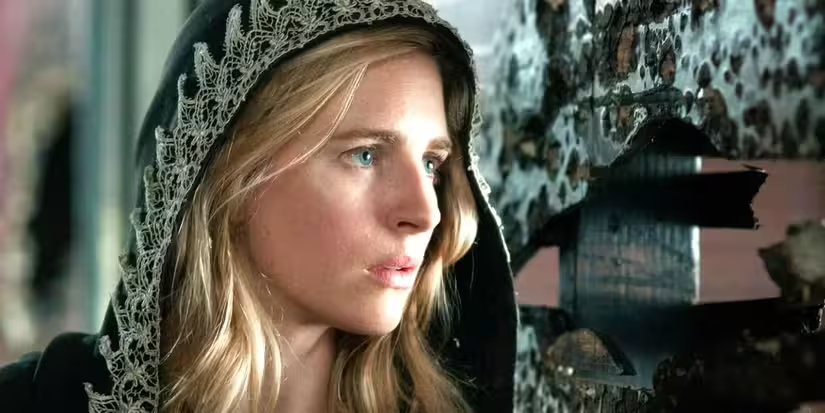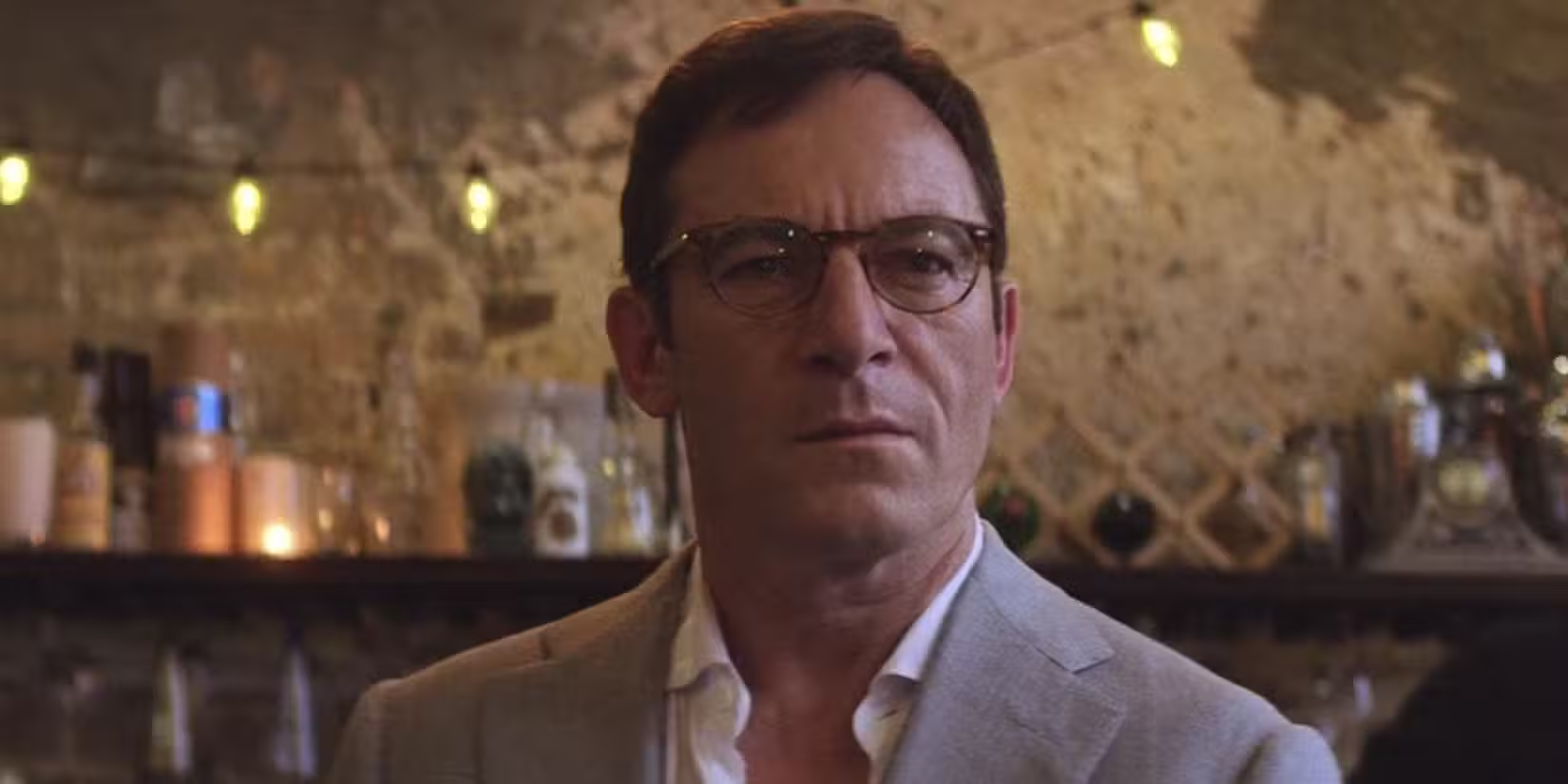6 Minutes
An unexpected mirror: two 2016 sci-fi premieres, two very different fates
Netflix's 2016 slate of original sci-fi series gave viewers two very different journeys. One, a nostalgic, crowd-pleasing spectacle about small-town kids and otherworldly danger, grew into a five-season franchise that reshaped streaming pop culture. The other, an audacious, emotional labyrinth of ideas and genre-bending storytelling, was canceled after two seasons — leaving fans and critics to wonder what might have been.
This article looks at why Stranger Things' longevity casts a long shadow over The OA, and why the latter's early cancellation remains one of streaming's most talked-about misses.
Stranger Things: longevity, franchise-building, and audience scale
Stranger Things leveraged accessible nostalgia, charismatic young actors, blockbuster-level production, and a steadily expanding mythos to become one of Netflix's flagship IPs. Its five-season arc — with a final installment arriving in a three-part release — allowed showrunners to pace reveals, develop characters and build merchandising and cultural momentum. The result: broad mainstream recognition, repeat viewers, and the kind of longevity that turns a show into a global phenomenon.

The OA: bold, intimate, and cut short
By contrast, The OA — created and led by Brit Marling and Zal Batmanglij — offered a different kind of sci-fi: philosophically charged, structurally daring, and emotionally raw. Critically, it fared well. Aggregate scores placed The OA among Netflix's most interesting experiments, and season 2 earned especially high marks from many reviewers. According to available viewing reports, the first season continued to attract viewers years after its release, tallying large audience numbers in later windows.
But despite a passionate cult following, Netflix canceled The OA after season 2. Marling and Batmanglij had pitched the series as a five-season arc; their long-form plan included major tonal shifts and narrative escalations that would have required time to unfold. The cancellation stopped a carefully designed mystery before it could reach its planned destination.
What The OA did differently
The OA's strengths were its willingness to risk ambiguity, to prioritize emotional stakes over clear-cut answers, and to blend metaphysical speculation with intimate character drama. Its storytelling invited active viewer interpretation rather than passive consumption — a creative choice that can be harder to monetize in a streaming environment built around subscriber growth metrics and short-term viewing spikes.
Industry patterns: why Netflix cancels promising sci-fi
The OA's fate highlights broader industry trends. Streaming platforms often favor instantly measurable hits that draw new subscribers or deliver high rewatch value. Shows that build slowly, rely on mystery, or demand sustained patience from viewers can struggle to meet corporate KPIs. Netflix has reversed course on some canceled shows when fan campaigns proved the business case (Sense8 received a special finale, for example), but many serialized series vanish before their narrative payoff.
This pattern raises questions about serialized storytelling in the streaming era: how do creators plan grand, five-season sagas when renewal depends on immediate metrics? The OA was an experiment in serialized philosophical sci-fi that required trust and time — commodities streaming platforms don't always grant.

Comparisons, continuities, and creative paths
Comparing The OA to Stranger Things is instructive but not definitive. Stranger Things borrowed from 1980s genre tropes to create communal viewing experiences; The OA pushed contemporary art-house and speculative traditions into serialized TV. The OA also shares DNA with other elusive, cult-classic series that were canceled early — think Hannibal or Firefly — shows whose artistic ambitions outpaced their ability to secure long-term platform support.
Marling and Batmanglij didn't disappear after The OA. They moved to other projects, including the FX limited series A Murder at the End of the World, signaling that their creative partnership continues to resonate in television and film circles. Jason Isaacs, who joined The OA's cast as a memorable antagonist, has publicly expressed hope for the show's return under the right circumstances.
Behind the scenes and fan action
Some interesting trivia: Netflix reportedly offered a single-film option to help wrap The OA's story, but the creators turned it down, feeling it wouldn't honor the expansive vision they'd mapped out. Since cancellation, fans have mounted campaigns and petitions, and creators have left door-open remarks about revivals — a pattern familiar to cult TV communities.
Expert perspective
Film critic Anna Kovacs, a long-time observer of streaming drama, notes: 'The OA represents a risk-taking strain of TV that's increasingly rare. Its cancellation reflects business realities, but also a missed chance to expand how audiences experience speculative storytelling over time.'
Critical reflection: art versus algorithm
The OA's story is both creative tragedy and cautionary tale. It exposes the tension between long-form artistic planning and the short-term logic of streaming analytics. For creators who imagine television as serialized cinema, the message is clear: either find a platform willing to invest in slow-burn payoff, or accept that some stories will remain unresolved.
Conclusion: a hopeful 'what if' and the future of ambitious TV
Stranger Things demonstrates what sustained investment in characters and myth-making can achieve. The OA reminds us that not all richly imagined series fit the same commercial model — and that cancellations can rob audiences of transformative artistic journeys. While the odds of The OA returning intact are slim after several years, persistent demand, the creators' continued prominence, and ongoing interest in revivals leave a sliver of hope. For fans of ambitious sci-fi and serialized drama, the show's legacy is twofold: a brilliant, if incomplete, work to revisit — and a reminder that the future of daring television depends on platforms recognizing the long game.
Whether The OA ever returns, its creative ambition continues to influence conversations about storytelling, streaming strategy, and the cultural value of risk-taking in TV.
Source: screenrant



Leave a Comment